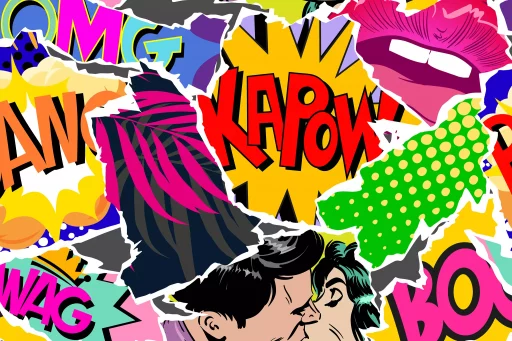Introduction
The term “fruitcake” takes on a unique identity in the realm of slang, moving beyond its traditional meaning as a holiday dessert. This article explores the slang meaning of “fruitcake,” its origins, contextual use, and some cultural implications. Understanding this term provides insight into how language evolves in society.
The Traditional Meaning
Traditionally, fruitcake refers to a cake made with candied or dried fruits, nuts, and spices. It often serves as a staple during holiday celebrations, cherished in numerous cultures worldwide. However, as language evolves, so do the meanings associated with certain words.
Slang Definition of ‘Fruitcake’
In modern slang, “fruitcake” is often used to describe someone who is eccentric, crazy, or acting irrationally. This usage largely stems from the notion that fruitcakes are uniquely peculiar due to their complex mix of ingredients. The term can sometimes be pejorative, lending a hint of ridicule toward the behaviors of the individual it describes.
Origins of the Slang Use
The slang use of “fruitcake” likely originated in the mid-20th century as a playful mockery of the cake itself, often perceived as outdated or overly complicated. With the rise of pop culture, terms reflecting mental health challenges began to shift perception. As society became more aware of the serious implications of mental illness, using such terms casually became problematic.
Contextual Examples
-
Social Media: A tweet might read, “Did you see how he reacted to that? He’s acting like a total fruitcake!” Here, the term conveys irrational behavior.
-
Television Shows: A character might quip, “Don’t mind him; he’s just a fruitcake, always has been!” This usage reflects a humorous or dismissive perspective.
-
Casual Conversations: Friends might call each other fruitcakes in a lighthearted manner, demonstrating camaraderie without serious intent.
Case Studies
In pop culture, the term has been popularized by various TV shows and movies. For example:
-
The Simpsons: The character Homer frequently uses the term to describe outlandish behavior of others, reinforcing the comedic portrayal of eccentricity.
-
Reality TV: Contestants on shows like Big Brother might label others fruitcakes to express disbelief over actions, underlining the competitive dynamics and social tensions.
Statistics on Language Evolution
According to studies from the Oxford English Dictionary, more than 50% of words being used today have shifted meanings over the past century. The casual usage of words like “fruitcake” highlights a broader trend of language evolution, where cultural perceptions dictate the adaptivity of terms:
- Reports suggest that over 76% of slang terms emerge from youth culture.
- Language platforms indicate that pejorative uses of language like “fruitcake” are criticized in modern discourse.
Conclusion
The slang use of “fruitcake” encapsulates a fascinating aspect of language – how traditional meanings evolve within cultural contexts. While the term is often used humorously, it also carries weight, making it essential to understand its implications in discourse. As we further our conversations about mental health and the significance of the words we choose, it’s crucial to reflect on our language and opt for terms that foster understanding rather than ridicule.
Further Reflections
As slang continues to evolve, the meanings attached to words like “fruitcake” may change in ways we cannot yet predict. Engaging with language mindfully can lead to more thoughtful and inclusive conversations in our society.


